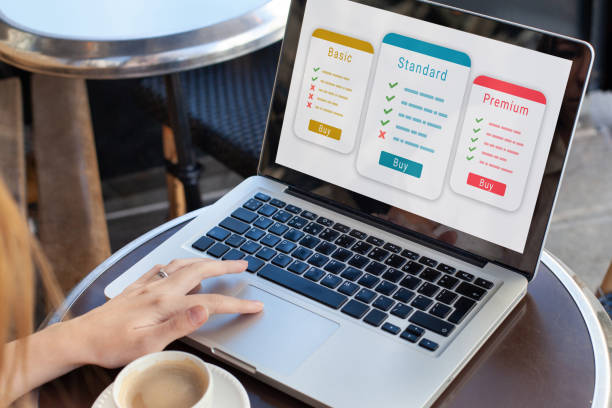Posted on
Which Accounting Course is the Right One For Me?

Conclusion: Finding the Right Course for You
When choosing an accounting course, the key is to align your course choice with your career goals, existing experience level, learning preferences, time availability and budget.
· For beginners, a basic bookkeeping course or an introductory accounting course will provide the foundation you need to get started.
· If you have some experience already and want to specialise or advance your career, consider intermediate or advanced courses, certifications, or even pursuing a degree.
· Be mindful of your preferred learning format, whether that’s online or in person, and ensure the course offers practical knowledge you can apply in a professional setting immediately.
By understanding your personal objectives and the different course options available, you can confidently select the right path to launch or elevate your career in accounting.
If you’re still unsure which is the best accounting pathway for you, please feel free to connect with one of our Course Advisors for a no-obligation chat.
